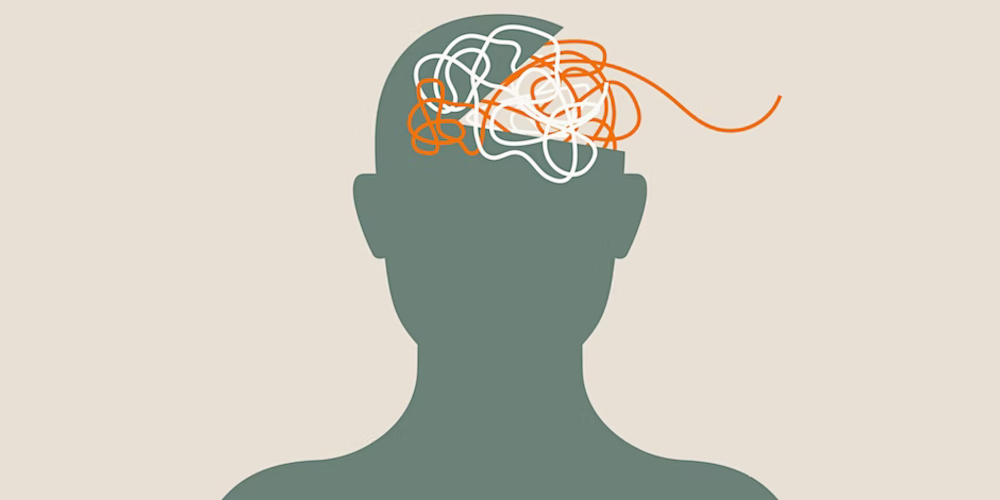
Check shows at: BirminghamCardiffGlasgowLeedsNottinghamOxford
Examine the science behind why ADHD presents differently in women, and gain valuable insights and tools to manage this condition. With Q&A.
ADHD is a hidden disorder in girls. In childhood, about 5 boys are diagnosed for every 1 girl. This becomes 1:1 in adulthood as women come forward for a diagnosis. Symptoms of ADHD and functional impairments usually become prominent for girls during puberty but are much more obvious later in life, especially during educational and social transitions.
ADHD is now thought to exact a greater toll on women than it does on men, especially since the condition has only until recently been framed as exclusive to men and boys. There is little doubt that a femme perspective is needed in the conversation around ADHD. Women have laboured with restrictive gender roles, alongside fluctuating hormones, self-doubt, self-esteem, and exhaustion. They deserve a better understanding of how ADHD may affect them and the tools or strategies they can use to thrive in day-to-day life.
Dr Jane Sedgwick-Müller is a senior lecturer, researcher in adult ADHD and an advanced mental health nurse practitioner. She is also an ADHD psychosocial therapist/coach, executive board member of the UK Adult ADHD Network (UKAAN) and professional advisory committee member of ADDISS: The National Charity for ADHD Information & Support. Her PhD project with the Institute of Psychiatry, Psychology & Neuroscience, focused on the impact of ADHD on the educational outcomes of university students with ADHD and usefulness of disability support in promoting positive learning experiences. She has presented at conferences around the world and published some of her work. She has received the Royal College of Nursing 2020 Muriel Fleet Award for outstanding achievement in professional development, and the 2020 Genius Within Award for Neurodiverse Research of the Year, sponsored by Microsoft.
Brilliant well paced talks for us ND folks.
Christine K.
It felt like a really great session with well rounded knowledge and it felt like a safe space with a safe speaker who genuinely cared and understood the shared experience.
Anon.
A big thank you to James [...] You explain things so well and I LOVE that it’s coming from someone who has first hand experience with ADHD and is still learning about themselves every day too, and so open about their own struggles, it really helps. I have learned a lot from this talk and I really think it could help us both in our relationship. Big thanks for a great talk, I’ll be looking forward to more.
Anon.
Thank you so much- I have got so much from this and you’ve helped me so much.
Hannah B.
Great balance of science and discussion. I have learned so much and felt part of an incredibly supportive group. Alex presented in a way that met the needs of the group and shared so many observations to help with understanding the content. Hoping there might be more!
Anon.